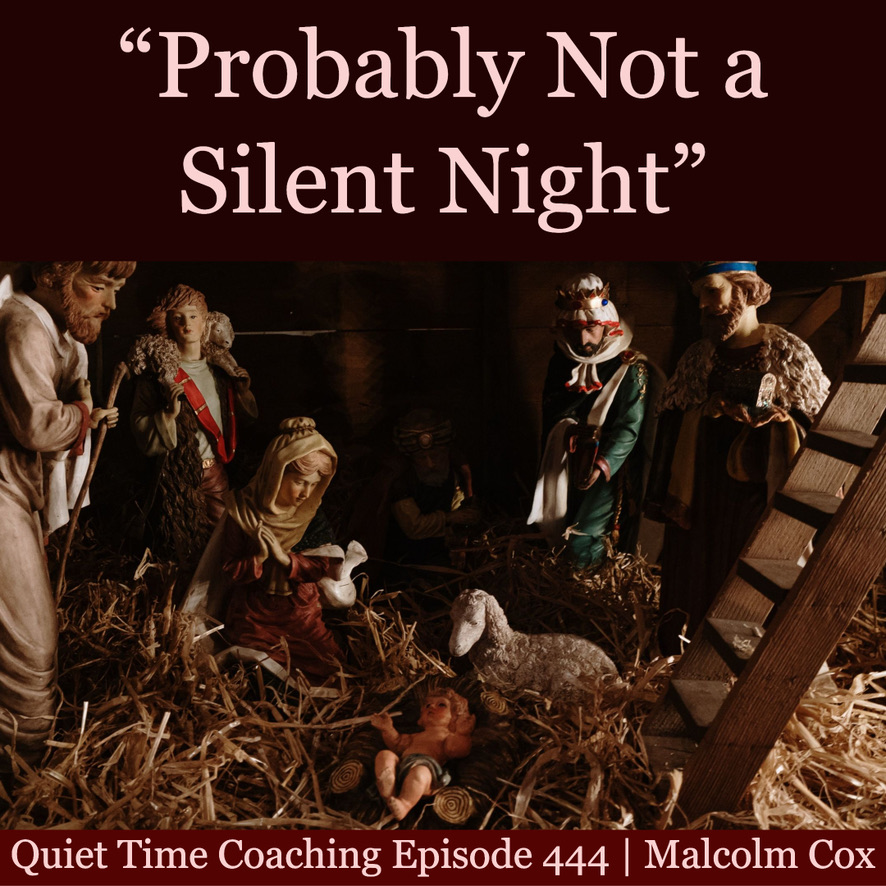Tuesday Teaching Tips, Episode 182
I am continuing to receive very helpful feedback from the three-part series I taught recently for the Thames Valley churches of Christ.
Here is a second excerpt from an email I received from Celia Forbes of our sister congregation in Birmingham:
“2) Why do I speak? I speak to help people to find strength in God (Romans 1:11; 1 Samuel 23:16). I appreciate that we absolutely need close relationships in the church, but I feel that we all (not just the full-time ministry staff and the leaders) need to grow in our knowledge of the Scriptures so that we can do better at helping each other to find strength in God.”
Let’s have a look at the Scriptures she references to see in what way they might help shape the way we speak.
“I long to see you so that I may impart to you some spiritual gift to make you strong— that is, that you and I may be mutually encouraged by each other’s faith.” (Romans 1:11–12 NIV11)
“While David was at Horesh in the Desert of Ziph, he learned that Saul had come out to take his life. And Saul’s son Jonathan went to David at Horesh and helped him find strength in God. “Don’t be afraid,” he said. “My father Saul will not lay a hand on you. You will be king over Israel, and I will be second to you. Even my father Saul knows this.” The two of them made a covenant before the LORD. Then Jonathan went home, but David remained at Horesh.” (1 Samuel 23:15–18 NIV11)
Neither Scripture is in the context of public speaking, but both bear some relevance to that context.
- Speak to the people, not the occasion.
Paul wants to go to Rome. It is the most magnificent city in the Roman Empire. There he would see sites to provoke awe and wonder. If you’ve ever been a tourist in an impressive city you know what it’s like. However, Paul was not interested in the occasion or the location, but in the people.
When we speak, our focus must be on bringing God to the people, rather than the occasion or the opportunity.
Jonathan could send a messenger. Yet, at great danger to himself he makes the brave decision to be physically present with David. Whilst acknowledging the difficult situation, the focus here is not on Saul or the problem. Instead the focus is on God and the desire of Jonathan to help his friend.
Compassion and faith are the primary qualities on show.
What does this mean for the way we speak to a congregation? Let me offer a few suggestions:
- Pray in advance for the people who will be present. If you know the people, pray for as many as is feasible by name.
- Pray that your talk will have an impact on individuals, irrespective of what the group needs.
- Look at people during your talk. Make eye contact.
- If you are a visiting speaker, find out from someone in the local congregation about the needs, both general and specific.
- Connect personally with people before the service begins and again afterwards. Have individual conversations. Arrive early and leave late. Your responsibility as a speaker begins when you walk through the door and continues until you are off the premises.
- Speak for strength, not behaviour.
It’s interesting that Paul wants the people to be ‘strong’. In the context this word (sterizo) means, ‘to render mentally steadfast, to settle, to confirm’.
His desire is that their minds are undisturbed, resolved and, well, strong. Strong in what? Strong in their faith. He is hoping that his presence will strengthen their faith. As such, the focus is on the strength which God’s supplies ( the implication behind his desire to give them a “spiritual gift”).
In other words, his focus is not on getting them to behave in a certain way.
Of course there is a connection between faith and obedience (James 2). However, aren’t we more likely to see healthier and lasting obedience to God’s commands if, first, we have helped people to find their strength in God.
The danger of preaching for behaviour change is that it focusses all too easily on human effort.
Jonathan does not urge David to do anything different. He does not tell him what to do. He provides reassurance and friendship. More than that, he points David to God. They make a covenant before the Lord. This is not simple human friendship, this is a spiritual bond whose strength is in God.
When we stand up to speak, it’s as if we’re making a covenant with our audience before the LORD that we will work together in search of greater strength in God and for God. When we speak with the aim that our hearers will gain greater strength in God, it is surely inevitable that we will see change in their lives to a greater Christ-likeness as a result.
What does this mean for the way we speak to a congregation? Let me offer a few suggestions:
- Use lesson titles and subtitles that reference God, Father, Jesus, Spirit. Keep the focus on God in the titles, and it will be easier to keep the focus on him in the body of what you are sharing.
- Speak about God, Father, Jesus, Spirit as much as you can. Certainly add practical points of application, illustrations and personal sharing. But, do not neglect talking about God himself. Have a listen to some of your recent lessons and assess the balance.
- Reference the qualities of God which are revealed in the passage or the topic about which you are speaking. In other words, don’t just talk about how we should respond, but also the motivation and inspiration behind our response.
- Speak optimistically about the future. Both Paul and Jonathan were optimistic about the way God was going to arrange the future. Paul was aware of the problems in the church in Rome and Jonathan was well aware of the problems between his father and David. However, Paul and Jonathan’s tone was positive. If we are going to help people find strength in God we will not serve our congregations well by being negative, doom and gloom merchants. Instead, whilst at times it’s important to be straight and challenging with a congregation, the overall tone must be a positive one. My wife tells me that whenever she has an opportunity to speak to a group, she remembers something I told her many years ago – “Always leave the group with hope”. If God is in the picture (and he always is), then there is never any call for a message of despair.
There is much more to be said, but this will do for now. As usual, I would love your comments.
What I’d like to know today is, “How do you speak in such a way as to help people find strength in God?”
Please add your comments on this week’s topic. We learn best when we learn in community.
Do you have a question about teaching the Bible? Is it theological, technical, practical? Send me your questions or suggestions. Here’s the email: malcolm@malcolmcox.org.
If you’d like a copy of my free eBook on spiritual disciplines, “How God grows His people”, sign up at my website: http://www.malcolmcox.org.
Please pass the link on, subscribe, leave a review.
“Worship the LORD with gladness; come before him with joyful songs.” (Psalms 100:2 NIV11)
God bless, Malcolm
PS: You might also be interested in my book: “An elephant’s swimming pool”, a devotional look at the Gospel of John


